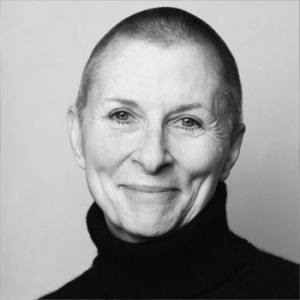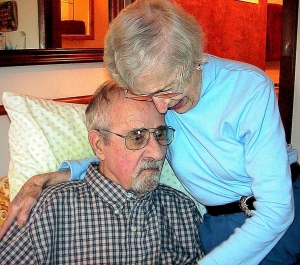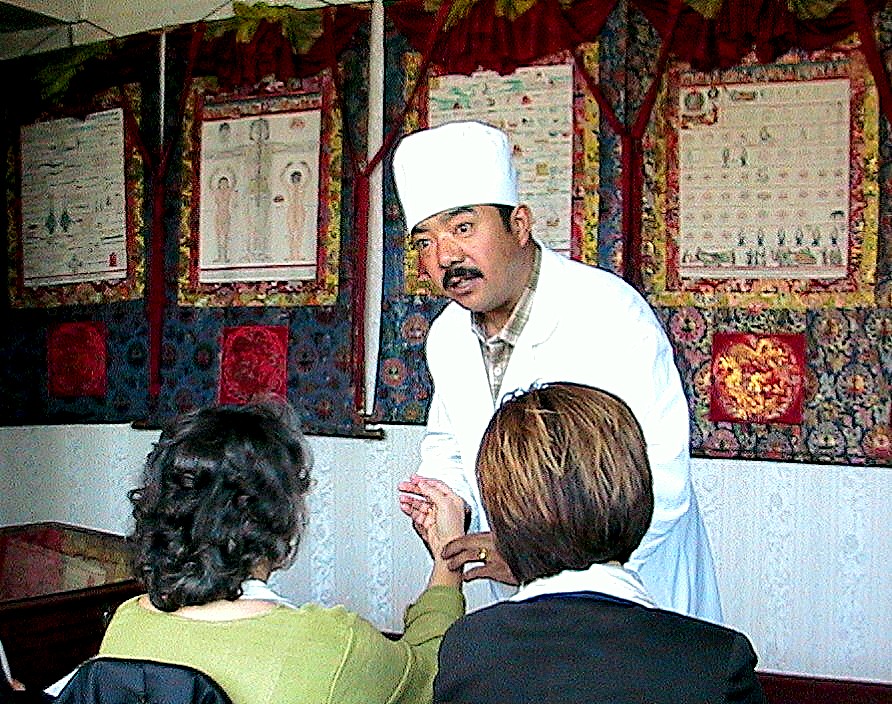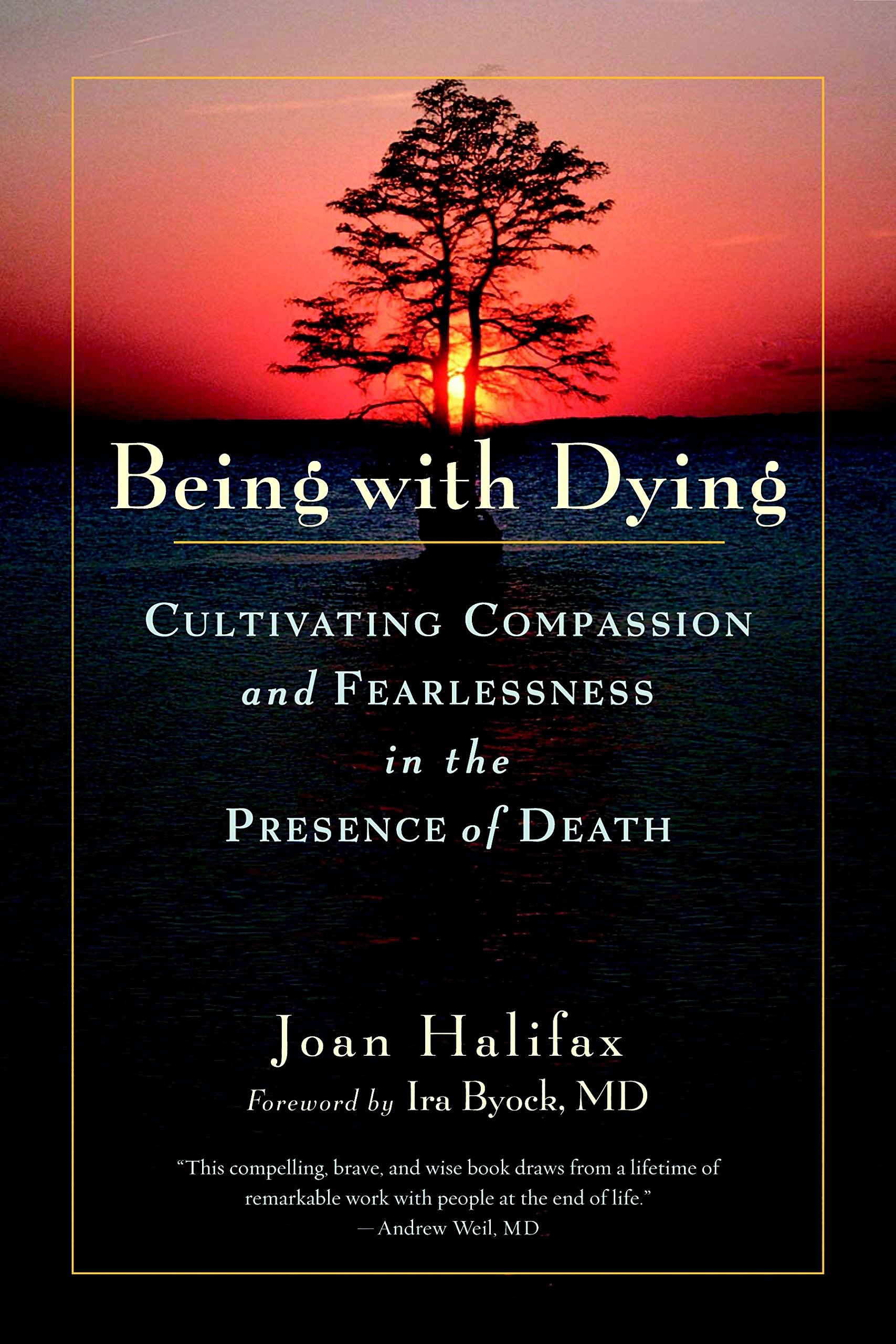Roshi Joan Halifax is recognized as master teacher and a pioneer in end-of-life care. She is Founder, Abbot, Head Teacher of Upaya Institute and Zen Center, a Buddhist monastery located in Santa Fe, New Mexico. Her 2009 book, Being With Dying: Cultivating Compassion and Fearlessness in the Presence of Death, is for people of all faiths. Anecdotal sharing of my personal experiences will be interwoven into this article in order to describe why this book resonated for me.
The Business of Dying in the Western World
 The author was deeply influenced by the death of her grandmother in a nursing home in the early 60’s. She describes the room where she died as “cavernous” and the other people occupying the beds as “unwittingly abandoned by their kin,” which is also what her family did with her grandmother. “We withdrew in the face of her suffering.” Death, she states, was regarded as an illness.
The author was deeply influenced by the death of her grandmother in a nursing home in the early 60’s. She describes the room where she died as “cavernous” and the other people occupying the beds as “unwittingly abandoned by their kin,” which is also what her family did with her grandmother. “We withdrew in the face of her suffering.” Death, she states, was regarded as an illness.
Upon the death of her grandmother, she committed to making it her life’s work to confront the marginalization of people facing death and to care for the dying. Reared as a Protestant, she turned to Buddhism. She began her practice of medical anthropology in a large urban hospital in Dade County, Florida.
She describes death in the West as “too often life-denying, antiseptic, drugged-up, tube-entangled, institutionalized.”
Attending to the Whole Person
Spiritual care, she felt, could “reduce fear, stress, the need for certain medications, expensive interventions, and lawsuits. . . as well as benefit professional and family caregivers, helping them to come to terms with suffering death, loss, grief, and meaning.”
Her experience in being with the dying and their caregivers over a four-decade span has convinced her that studying the process of dying will affect how we live. Her anecdotes are filled with poignant descriptions of the individual uniqueness of each person with whom she has walked the final journey.
Back at The Ranch – Dad’s Exemplary Hospice Experience
By early 2005, we had received exceptional support from our hospice provider in the 18 months following admission. We shared books purchased from The National Hospice and Palliative Care Organization (NHPCO) with family members. We had additional support from our own “dream team” of experienced caregivers.
After 65 years of marriage, Mother, in her own inimitable style, continued an important and beautiful role in helping to care for Dad during these final days. As an integral member of Dad’s caregiver team, she was in her finest moments.
to care for Dad during these final days. As an integral member of Dad’s caregiver team, she was in her finest moments.
Mother’s Remarkable Assertion
Before his death in 2005, my father had been bedfast close to ten days. Bearing witness to the strength of my mother, I heard her say to him – poignantly and informatively, “Oh, Dad – I don’t think you’ll be with us in the morning.” This was close to eight years after her diagnosis of Alzheimer’s – and she was off by only two days. Reflecting on her prognosis of his condition, I continue to find it quite remarkable.
On the day prior to his death, a caregiver had assisted with helping to get Dad up and seated in a comfortable chair next to his bed. He had experienced a number of “surges” during his hospice care and it appeared that this could be another one. So, we were celebrating life in these moments. We ate ice cream, exchanged some quiet tributes to Dad’s invincible and extraordinary spirit and – while being in the present moment – took photos of Mother and Dad.
Living Until Dying
We had done what we could – all that we knew – to prepare for the next step of his journey. I gave very little consideration as to when that would occur. Until then, we just drew comfort in being close together. That night, Mother and Dad went to sleep holding hands.
The next day was Sunday. I found him looking very peaceful and beautiful – with his lips shaped in a perfect oval like a choir boy. His torso was still warm and soft, but his extremities were cool. I awakened Mother who was still sleeping next to him. When I told her, she cried out for Dad, came in close as if to embrace him, then backed away – as though, instinctively – letting him be in peace. She fully understood. Together we recited the 23rd Psalm. It flowed naturally – as Mother and I had frequently recited this chapter while providing his bed-time care in recent weeks.
 In the previous 18 months of hospice care, we had been gifted many precious moments to prepare.
In the previous 18 months of hospice care, we had been gifted many precious moments to prepare.
Still, it was stunning and bewildering. I wanted to know: “Papa, do you hear me?” The haunting lyrics of a song from the film, Yentl, describe the mystery, enigma, and perplexity which I was not prepared to experience.
Where are you now that yesterday has waved goodbye and closed its doors?
Fast Forward to 2006 – A Mountain-Top Moment
It was one year after Dad’s death. After making preparations for Mother’s 24/7 care at the ranch during my time away, I traveled with a healthcare delegation to China and Tibet. I had become interested in Eastern medicine and especially traditions in caring for elders. The itinerary included visits to centers of hospice care.
 A highlight was a visit to the beautiful Potala Palace in Lhasa, Tibet at 12,000 feet above sea level. At one time, it was the winter palace of the Dalai Lama. Here we attended a lecture on Traditional Tibetan Medicine.
A highlight was a visit to the beautiful Potala Palace in Lhasa, Tibet at 12,000 feet above sea level. At one time, it was the winter palace of the Dalai Lama. Here we attended a lecture on Traditional Tibetan Medicine.
At the conclusion of the lecture, several members of the delegation approached the speaker with questions. A mountain-top moment followed the response to the question: “What do you do for Alzheimer’s?” The reply was very simple: “We continue to work with the cells that remain – the good cells.”
Having grown weary of the biomedical approach to Alzheimer’s care and how sick it had made both Dad and Mother on far too many days of their lives – this response totally resonated.
sick it had made both Dad and Mother on far too many days of their lives – this response totally resonated.
Upon returning from Tibet, I took up the challenge of reading the imposing book, The Tibetan Book of Living and Dying, an introduction to Tibetan Buddhism, by Sogyal Rinpoche.
Roshi Joan Halifax, PhD – Master Teacher and Pioneer
Roshi Joan was, by now, a media figure and recognized as a pioneer in end-of-life care. And, our delegation was led by Dr. Cynda Rushton, Professor of Clinical Ethics, Johns Hopkins School of Nursing, and a Visiting Scholar at Upaya Institute and Zen Center which was founded by Roshi Joan. Cynda was scheduled for an upcoming educational presentation with Roshi Joan upon our return to the states.
I listened with great interest as we learned more about Roshi Joan’s work and the programs offered at Upaya.
A Book for People of All Faiths: Being With Dying
 Roshi Joan’s 2009 book, Being with Dying: Cultivating Compassion and Fearlessness in the Presence of Death, is for people of all faiths. She writes that she was initially concerned about being Buddhist – that her practice might seem “sectarian and inappropriate.” But, she states, that over the years she has learned how much Buddhist teachings have helped both the living and the dying – including people of many faiths.
Roshi Joan’s 2009 book, Being with Dying: Cultivating Compassion and Fearlessness in the Presence of Death, is for people of all faiths. She writes that she was initially concerned about being Buddhist – that her practice might seem “sectarian and inappropriate.” But, she states, that over the years she has learned how much Buddhist teachings have helped both the living and the dying – including people of many faiths.
Providing meditations in each chapter, practical guidelines for facing the power of the dying process, and narratives from her 40 years of experience with dying, the book offers important ways in which to approach death without fear.
From her extensive practice of being with dying, she writes that dying evokes a multitude of different kinds of experiences, each unique.
Acknowledging Our Impermanence
We act as though we are immortal, she writes, but reminds us that we are all dying and that impermanence is inescapable. In “practicing dying,” we are also “practicing living.”

The author’s description of having a well-nurtured spiritual life is befitting of how she is living her life: “It is about doing what you have to do with no attachment to outcome. True compassion just does what needs to be done because it’s the only thing to do – just because it’s natural and ordinary. . . Sometimes the outcome can seem to be a happy one. And often enough we are faced with so-called failure. And thus it is.”
_______________________________
Being with Dying: Cultivating Compassion and Fearlessness in the Presence of Death (2009) Author: Roshi Joan Halifax, PhD Website: www.upaya.org
_______________________________
Image of Potala Palace: by cong yu from Pixabay
Author: Susan Troyer



Leave A Comment